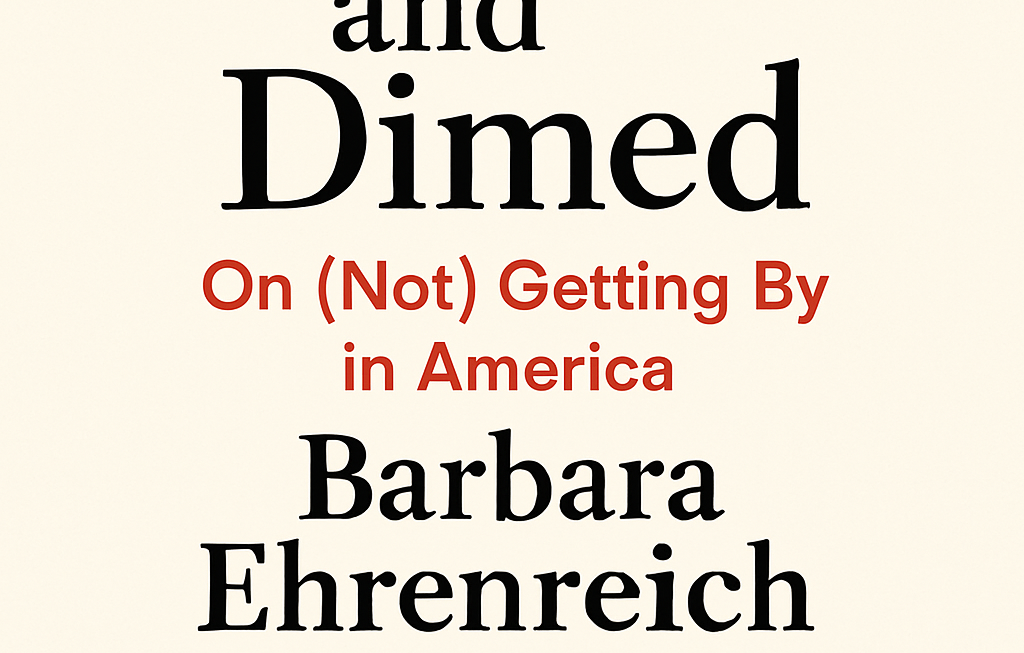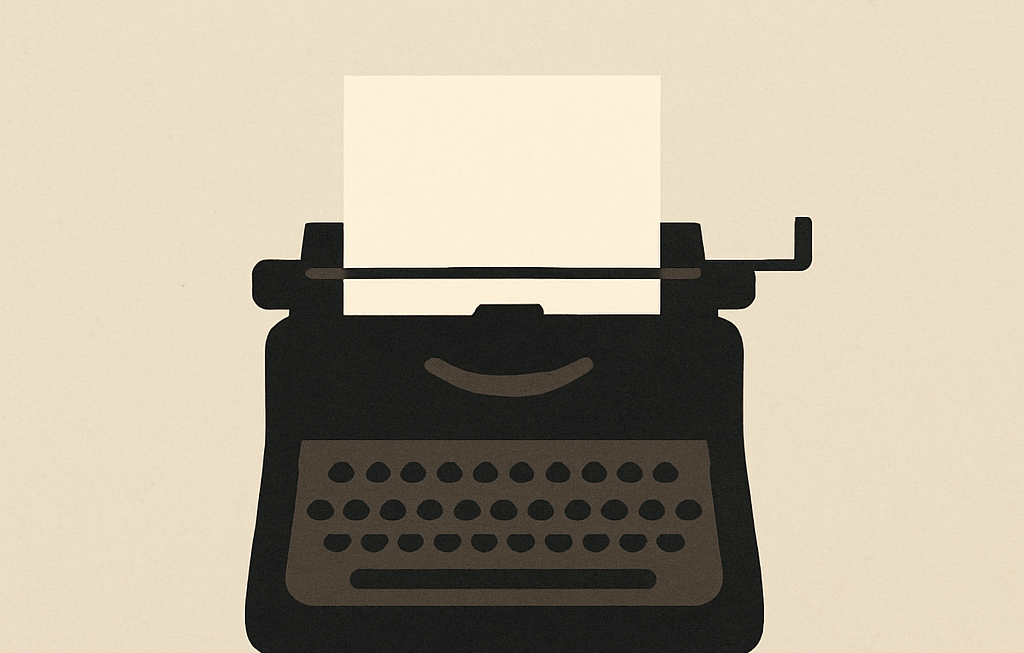The Enduring Legacy of Henrietta Lacks: A Conversation with Rebecca Skloot
Rebecca Skloot’s The Immortal Life of Henrietta Lacks, published in 2010, wasn’t merely a bestseller; it was a cultural phenomenon. It meticulously unravels the complex and often tragic story of Henrietta Lacks, an African American woman whose unknowingly harvested cancer cells—HeLa cells—revolutionized medical research, contributing to breakthroughs in polio, cancer treatment, and countless other fields. But Skloot’s achievement transcends the scientific narrative. She masterfully weaves together Henrietta’s personal story—one marked by poverty, racism, and the brutal realities of mid-20th-century healthcare—with the scientific saga of HeLa’s impact. The result is a potent exploration of medical ethics, informed consent, and the often-unseen human cost of scientific advancement. Skloot, herself a gifted storyteller, didn’t merely report; she investigated, empathized, and ultimately, gave voice to a woman whose contributions were both monumental and tragically overlooked. The book’s lasting impact lies in its ability to spark vital conversations about the ethical responsibilities of researchers, the rights of marginalized communities, and the profound intersection of science and humanity. It’s a testament to Skloot’s skill as a writer and her dedication to unearthing and sharing stories that demand our attention, prompting essential reflection on our past and its implications for the future. This deep dive into the complexities of the HeLa story, combined with Skloot’s dedication to meticulous research and empathetic storytelling, has cemented The Immortal Life of Henrietta Lacks as a crucial text within scientific literature and beyond.
A Conversation with Rebecca Skloot
-
Question 1: Your book navigates the delicate balance between scientific accuracy and deeply personal storytelling. How did you manage to maintain this balance, and what were some of the biggest challenges you faced in integrating these two distinct narratives?
Answer: It was a constant tightrope walk. I spent years deeply immersed in scientific papers, medical journals, and laboratory protocols, all while simultaneously building relationships with the Lacks family, absorbing their perspectives and understanding their emotional experiences. The challenge was to make the science accessible without sacrificing its complexity, and to ensure the family’s voices were not overshadowed by the scientific narrative. I constantly questioned my own biases and assumptions to ensure equitable representation.
-
Question 2: The ethical dimensions of HeLa cells’ use are central to your narrative. Did your understanding of these ethical issues change during your research, and how did that impact the final structure and message of the book?
Answer: Absolutely. My initial understanding was relatively simplistic. As I delved deeper, the nuances of informed consent, the history of medical exploitation of marginalized communities, and the lasting consequences for the Lacks family became profoundly clear. This broadened my understanding of the ethical considerations, shifting the book’s focus beyond merely documenting the scientific impact to critically examining its ethical implications and the lingering social injustices.
-
Question 3: Many critics lauded your ability to humanize Henrietta Lacks. Can you describe your approach to portraying her life, and how you approached balancing the factual record with the inherent limitations of reconstructing a life from fragmented sources?
Answer: I approached it with immense respect and a deep sense of responsibility. My goal wasn’t to create a definitive biography but to portray Henrietta as a complex, vibrant individual, drawing from interviews with her family, medical records, and other historical sources. The inherent limitations were significant, but I focused on weaving together the available fragments to illuminate her character and experiences.
-
Question 4: How did you navigate the potential for exploitation in telling Henrietta’s story, given the very nature of the initial exploitation of her cells?
Answer: It was a crucial consideration. The book was always intended as a tribute to Henrietta and her family, never as a means to further profit from their situation. Building trust with the family was paramount. I ensured their involvement throughout the writing process, giving them control over their own narrative and sharing profits from the book.
-
Question 5: Your book sparked extensive debate on medical ethics and research practices. What are some of the key changes or advancements you’ve seen in the field since the book’s publication?
Answer: I’ve seen a greater emphasis on informed consent and the inclusion of diverse communities in research. There’s a growing awareness of the historical injustices committed in the name of scientific progress, and there are more discussions about equitable distribution of benefits and burdens from research.
-
Question 6: The legacy of HeLa cells is undeniably complex. How do you view this legacy, balancing its contribution to scientific advancement with the ethical concerns it raises?
Answer: It’s a deeply complex legacy, indeed. The scientific advancements are undeniable, life-saving even. But they came at a tremendous human cost. Acknowledging both sides is critical; celebrating the scientific achievements without overlooking the ethical violations involved is necessary for genuine progress.
-
Question 7: What were some of the most surprising discoveries you made during your research process that significantly impacted your writing?
Answer: Discovering the extent of the Lacks family’s struggles and their lack of understanding regarding the HeLa cells was profoundly impactful. Also, the sheer pervasiveness of HeLa cells in medical research, showing up in laboratories all over the globe, and the immense scientific progress they fueled.
-
Question 8: Your writing style effectively bridges the gap between scientific detail and emotional resonance. Can you elaborate on your approach to crafting a narrative that engages both scientific and non-scientific audiences?
Answer: I attempted to break down the science into accessible chunks, using metaphors and analogies whenever possible. The emotional resonance came from focusing on the human story – Henrietta’s life and the lives of her family – and weaving the science into this larger emotional narrative.
-
Question 9: Looking back, what is the most significant lesson you learned from writing The Immortal Life of Henrietta Lacks?
Answer: The importance of listening to marginalized voices and amplifying stories that are often ignored. The power of empathy in understanding complex issues, and the responsibility we all bear in ensuring ethical conduct in scientific research and beyond.
-
Question 10: What advice would you offer to aspiring writers interested in blending science and personal narratives?
Answer: Immerse yourself in the science, but never lose sight of the human story. Find a way to make complex scientific concepts accessible without dumbing them down. And most importantly, build strong relationships with your sources and treat their stories with the respect and sensitivity they deserve.


